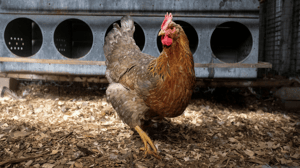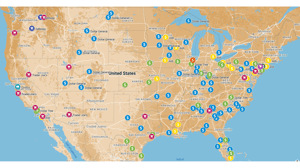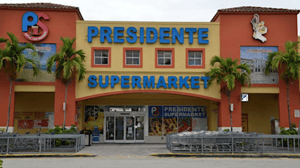2012 Power 50: No. 32 Muhtar Kent
It gained global nonalcoholic ready-to-drink volume and value share by capturing nearly 30% of industry volume growth and nearly 40% of industry value growth. It has sold more than 700 million incremental unit cases of Trademark Coca-Cola; placed more than 2.2 million new pieces of cold drink equipment in the marketplace with its bottling partners; and added two juice brands to its global portfolio of $15 billion brands.
July 18, 2012
 Coca-Cola Co. is on track to achieving its goal of doubling its revenue globally by 2020.
Coca-Cola Co. is on track to achieving its goal of doubling its revenue globally by 2020.
It gained global nonalcoholic ready-to-drink volume and value share by capturing nearly 30% of industry volume growth and nearly 40% of industry value growth. It has sold more than 700 million incremental unit cases of Trademark Coca-Cola; placed more than 2.2 million new pieces of cold drink equipment in the marketplace with its bottling partners; and added two juice brands to its global portfolio of $15 billion brands.
“We’ve made progress toward achieving our 2020 Vision,” said Muhtar Kent, chairman and chief executive officer of the Atlanta-based manufacturer.
That’s not to say it’s been all smooth sailing. Kent readily admits that the global economic crisis has created a challenging business environment, and the road to recovery will be a long one.
But Coca-Cola views such uncertainties as opportunities to find innovative ways to expand its product portfolio in the more than 200 countries where it does business.
The company has aggressively invested with its bottling partners to build volume and value share for the long term. It has committed $30 billion of investments in its global system over the next five years.
“These investments will pay off in both the near and long term, just as those we made three to five years ago continue to pay dividends in the growth of our business today,” said Kent.
For instance, the company announced several weeks ago that it will invest an additional $3 billion in India from now through 2020. That’s in addition to the $2 billion the company has already invested in India since it reentered the country in 1993.
Looking ahead, some of its most important business moves will take place in sustainability and innovation. Take Coca-Cola Freestyle, its new fountain dispenser that delivers more than 125 branded beverage choices with less environmental impact than its traditional equipment.
Along with being used in popular foodservice restaurants like Burger King and Five Guys Burger and Fries, Freestyle is also in test in several supermarket cafes, including those at Wegmans and Safeway, according to coca-colafreestyle.com.
“In 2012 and beyond, we will continue to expand the use of this exciting fountain technology that inspires and delights consumers everywhere it goes,” said Kent.
In other areas, the company has made reduced-calorie options a priority. Around 100 of about 500 new Coca-Cola products launched around the world last year were low- and no-calorie.
Coca-Cola also plans to take its PlantBottle to the next level. Launched in 2009, PlantBottle is made from up to 30% plant-based materials.
The company now seeks to develop a 100% plant-based plastic material to be used in multiple products and industries. To help it do so, it is working with biotechnology companies, and has created the Plant PET Technology Collaborative, a partnership that aligns Coca-Cola with Ford Motor Co., H.J. Heinz Co., Nike and Procter & Gamble.
About the Author
You May Also Like






